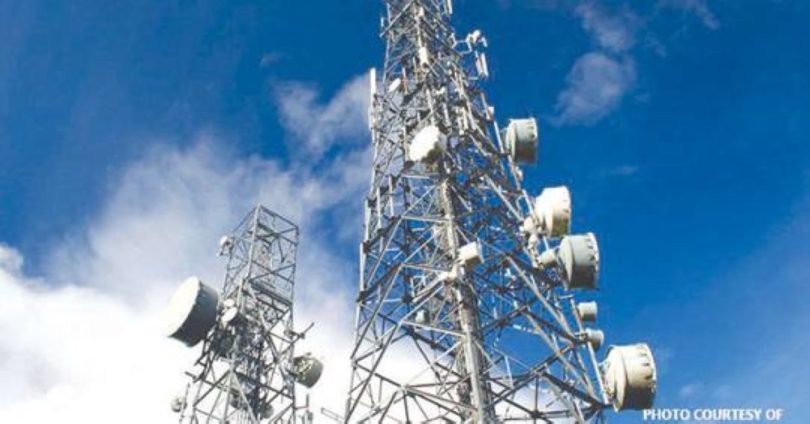[ad_1]
MAJOR telecommunication players, lawmakers, and regulators should institute measures to stem the rising tide of fraudulent credit card transactions due to the SIM card swap.
In a statement on Thursday, industry group Credit Card Association of the Philippines (CCAP) said this is its main message in separate letters to Globe Telecom and Smart Communications, the National Telecommunications Commission (NTC), and the House of Representatives.
“The industry has been experiencing high volumes of fraud cases causing financial detriment. These perpetrators have carried out fraud by using the various digital payment platforms to commit crime,” CCAP Executive Director Alex Ilagan was quoted as saying in the letter.
According to CCAP, fraudulent credit card operations via remote and other digital payment channels have surged by 21 percent in the country since the onset of the global pandemic, which led customers to switch to remote and other digital payment channels to avoid face-to-face restrictions.
The “virtual account take over” scam is the most common type of credit card theft, the group, which represents the country’s 18 major credit card companies, stressed. This entails taking control of and gaining access to unwitting consumers’ one time passwords, allowing fraudsters to conduct OTP-validated online transactions.
CCAP raised a red flag by urging telcos to tighten their existing know your customer process when onboarding new prepaid and postpaid customers, particularly when it comes to the ID verification process when customers request to change their mobile numbers when reporting a lost or stolen device.
“We respectfully request that this be addressed urgently. Perpetration of a successful unauthorized SIM swap will affect both the telcos’ and the banks’ customers, resulting in financial losses, loss of public trust and confidence, and close scrutiny from the regulators,” it wrote.
The group also pushed for the prompt approval and implementation of House Bill 5793 or the “Subscriber Identity Module (SIM) Card Registration Act,” and Senate Bill 2395, or the “SIM Card Registration Act,” which were adopted on third and final reading in both Houses of Congress.
The proposals aim to create a system for selling and registering SIM cards in order to aid law enforcement in locating persons who use mobile phones to commit crimes.
“To date, there are no existing laws which protect the consumers from this mode of attack from the fraudsters. We believe that the passage and implementation of this law will greatly deter the activities of the fraudsters as they will now have accountability from the use of the then registered SIM cards,” it underscored.
CCAP also encouraged the NTC to create a method for Filipino consumers to report phone numbers that are being exploited for malicious purposes.
[ad_2]
Source link








